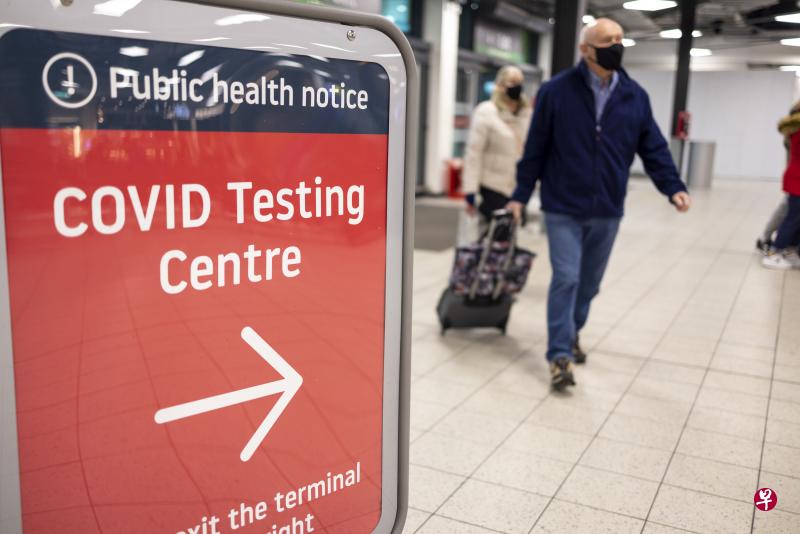
Crown disease 19 epidemic situation
Omikon's situation is not so fatal to this day. Many European countries including Spain, Italy, Portugal, the Netherlands, and some areas in Germany have been allowed to be reopened.At the same time, to ensure the normal operation of hospitals and emergency service departments, and to avoid being severely damaged by the economy.
Fan Xiaoqi organizes
(Madrid / Paris Composite Electric) Although Omi Coco is more contagious, the situation shows that it is not so fatal. As a result, European governments have changed their response strategyHospitals, schools, and emergency service departments can operate normally while avoiding the economy again.
Taking France as an example, it has added nearly 94,000 confirmed cases this Monday.However, this is still lower than the peak of the epidemic from November to December 2020. The month was more than 700 people admitted to the hospital a day, and hospitalized patients set a record in mid -November, reaching 33,497.This shows that the risk of severe illnesses that caused the frenzy in front of the tide.
Many European countries including Spain, Italy, Portugal, the Netherlands, and some areas in Germany have been allowed to be re -opened, allowing students to return to school after Christmas, and the high return rate also reflects the people desire to recover normal to normal.life.Although some parents are still worried that their children may be infected at school, more parents can finally be relieved about their children back to school.
In Lisbon, the capital of Portugal, 33 -year -old Ameido sent 11 -year -old children to school and said, "I think this (crown disease is popular) will always be part of our lives, so let let itIt is important to restore socially. "
In order to cope with the shortage of manpower, the British, France, Switzerland, Spain, and Belgium have shortened the periodic prevention and isolation period and relaxed some conditions for employees to return to the workplace.Czech follow -up similar measures this week allows people in key areas such as teachers, social workers, and doctors to work as long as they detect Chengyang.
In Spain, the Ministry of Health sets the critical value of virus load. Even if anyone's polymerase chain reaction (PCR) test results are positive, as long as the virus load is lower than the specified critical value, it is still defined as as long asFor "no infection", you can return to the workplace.
Before Christmas last year, Spain has allowed employees to return to workplace without testing to solve the problem of manpower tension.The Spanish Police Trade Union said that many police officers have doubled the number of policemen on duty because they are isolated.The Spanish National Railway Corporation also said that compared with early December last year, train drivers who could not work due to crown diseases increased several times this month, and the authorities were forced to cancel about 40 services last Friday.
Last year, the global loss of the world was equivalent to 125 million full positions
Cuen, an international labor organization economist, said:In terms of epidemic, governments of various countries have obviously not high -scale restrictions on the implementation of major blockades in the implementation of major blockades. "
According to data from the International Labor Organization, the work hours of global epidemic in 2020 due to data from international labor organizations have decreased due to epidemic conditions.It is equivalent to losing 258 million full -time jobs; in 2021, this number is still equivalent to about 125 million positions.
Although most countries have relaxed epidemic prevention measures, a few countries, such as Italy, tighten the restrictions on those who have not vaccinated vaccine vaccines to encourage more people to take vaccination.
European new cases have continued to surge. Before the former director of the World Health Organization Health System and Spanish public health expert Ben Gawa believes that the authorities should now focus on management and processing confirmed cases, rather than prevent infection.

